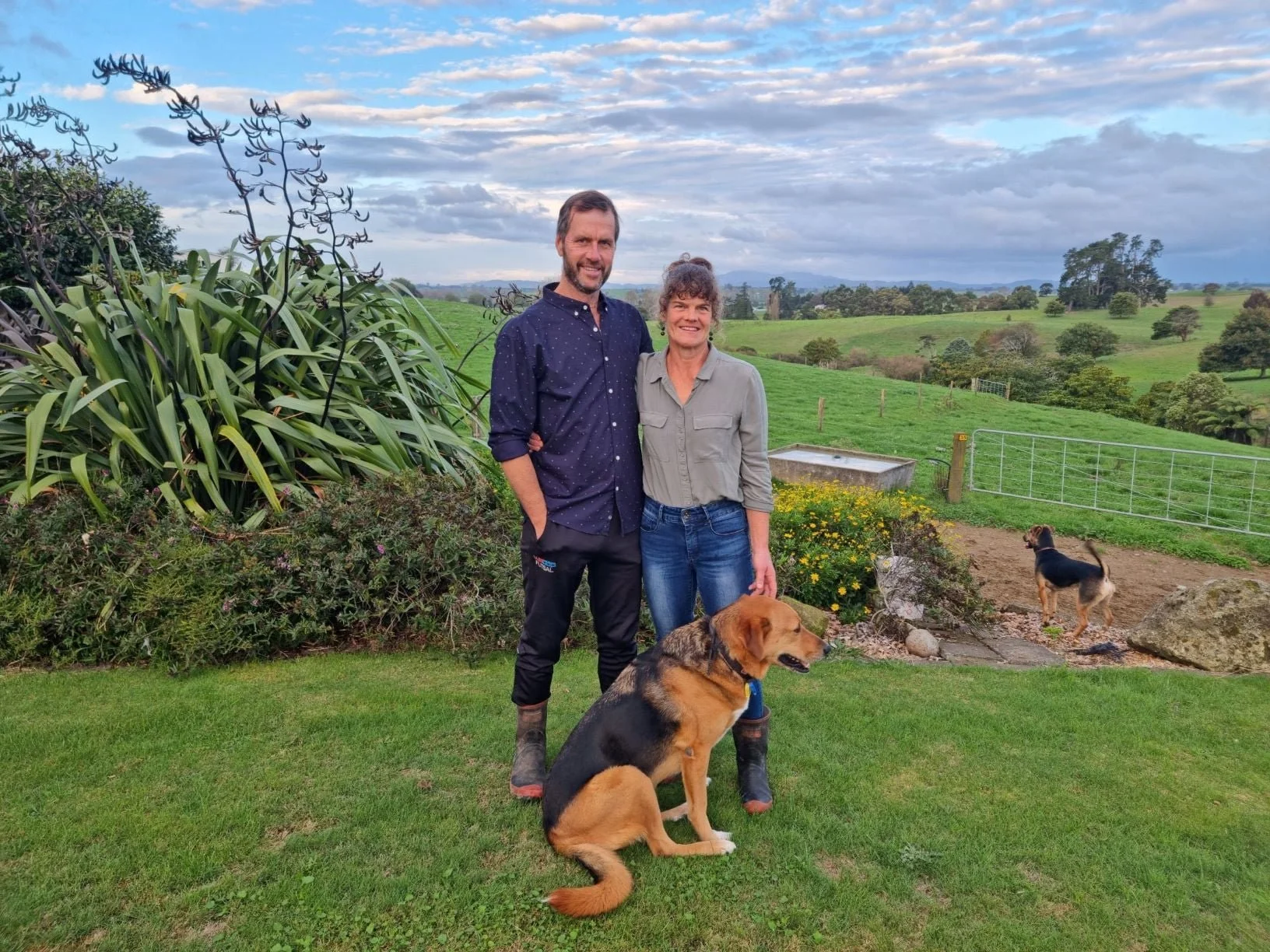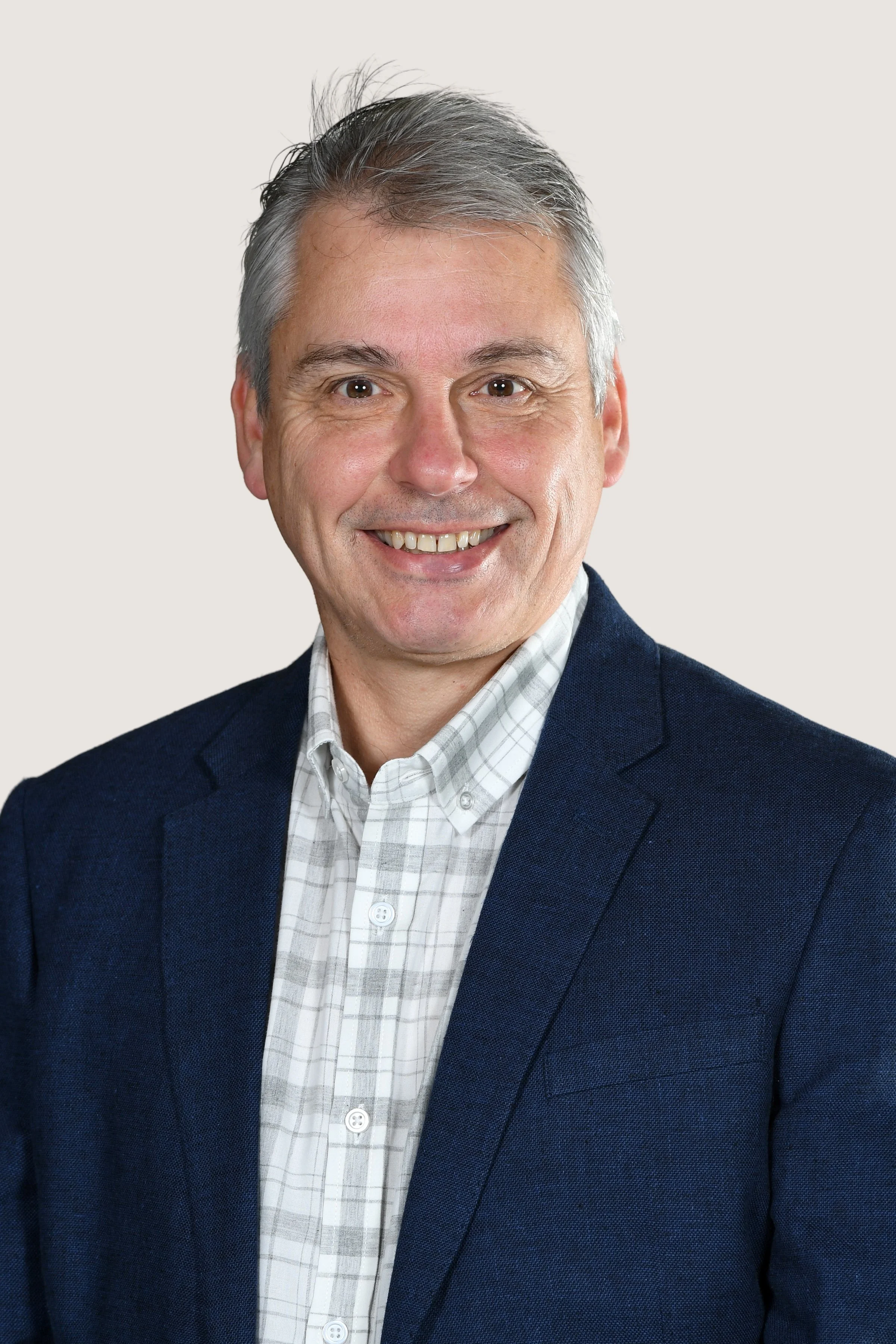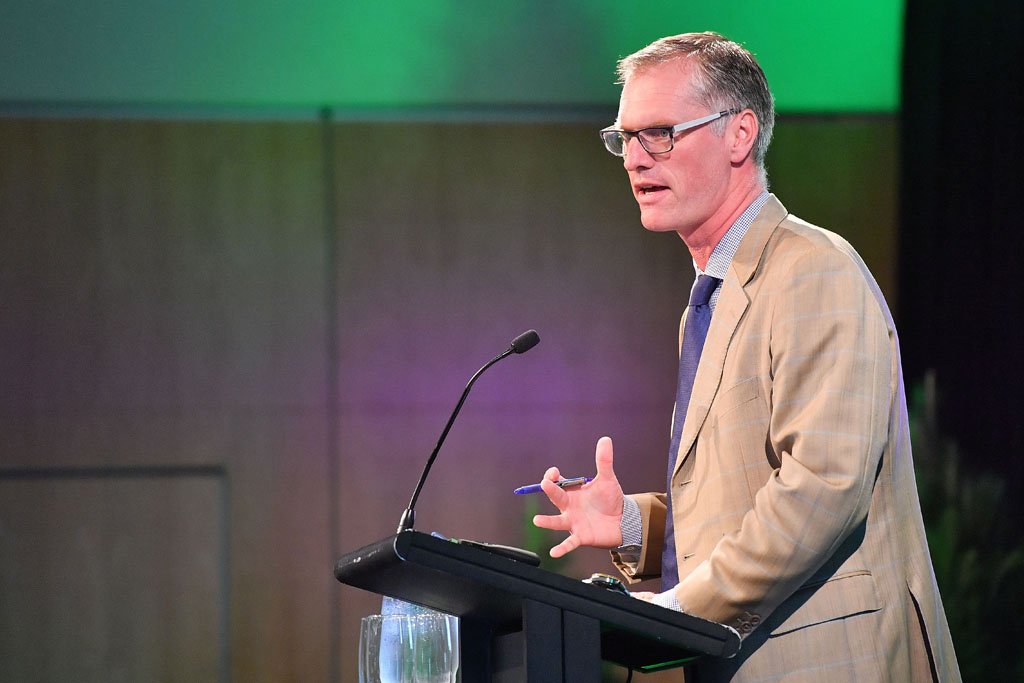
Keynote Speakers
Meet our Speakers
We are excited to announce our line up of speakers for the Precision Dairy Farming 2025 Conference.
Keynote Speakers
-

Dr Joao Dorea
Dr. Joao Dorea is an Associate Professor specializing in Precision Agriculture in the Department of Animal and Dairy Sciences at the University of Wisconsin–Madison. He also holds affiliate positions in the Department of Biological Systems Engineering and the UW Data Science Institute. Dr. Dorea’s research focuses on using AI and sensing technologies to uncover complex biological interactions in farm animals, driving advancements in agricultural practices. He has developed and deployed large-scale computer vision systems for monitoring thousands of animals. His lab leverages AI and remote sensing (drones and satellites) to study animal nutrition, health, and welfare, and to enhance farm management decisions. Most recently, he has employed Large Language Models to leverage publicly available text for building smart farm systems, as well as to generate relevant inputs for predictive analytics in farm management.
-
Prof Mike Duke
Professor Mike Duke is the Dean of Engineering at the University of Waikato. He is a founding member of the Waikato Robotics Automation and Sensing (WaiRAS) research group. Mike’s group works with growers and robot manufacturers undertaking research into automating horticultural processes. His research includes human assist technologies as an intermediate step towards full automation, electric and hybrid autonomous orchard vehicles, specialist robotic hardware for horticultural tasks and smart automation to replace obsolete horticultural machinery. He was the lead academic on the hardware development of the MBIE Horticultural Robotics project and led the hardware research on the MBIE MaaraTech: Data informed decision making and automation in orchards and vineyards.
-

Mark Fisher
Mark grew up on a sheep and beef cattle farm on the East Coast of the North Island of New Zealand. He started his career in animal science with AgResearch, studying reproductive physiology of red deer at a time deer were still being live captured for farming from the wild and domestication was a real-time experiment. His work extends beyond specific species, exploring the broader philosophical and ethical considerations of animal welfare. Mark has served on the NZ National Animal Welfare Advisory Committee, the Australian and New Zealand Council for the Care of Animals in Research and Teaching, and the Bioethics Council, and was a president of the NZ Society of Animal Production. He’s the author of two books, including the seminal text Animal Welfare Science, Husbandry and Ethics and has a private consultancy firm, Kotare Bioethics, specialising in ethical evaluations in science and farming.
-

Jenny Jago
Jenny has built a distinguished career at DairyNZ where she has collaborated with multiple internal and external partners to deliver numerous programmes. She has held senior leadership roles, including spending seven years in the DairyNZ Strategy and Investment team contributing to sector strategy development, and working closely with many dairy and cross sector organisations, and currently is Interim General Manager - Research & Science. She has served on the International Dairy Federation standing committees for farm management and animal health and welfare. Jenny is highly respected nationally and internationally for her scientific expertise in farm systems, milking efficiency, animal welfare, the application of digital technology to animal management, and workplace productivity. She has expertise in pastoral automatic milking systems and the learning ability of dairy cattle, and developed milking routines to shorten milking times in conventional dairies.
-

Claudia Kamphuis
Claudia Kamphuis received her MSc Animal Scientist from Wageningen in 2004, and her PhD at Utrecht University in 2010. After her PhD she worked at DairyNZ as a researcher focusing on automation and information technologies to reduce labor and improve farm profitability and productivity. Since 2016, she works as researcher at Wageningen Livestock Research, and she is the coordinator of the Expertise Team Data Science since 2024. Her work involves the use of high-dimensional longitudinal sensor data and time-series analysis to tackle the challenges within the dairy cattle domain, using tools and methodologies to retrieve new information related to animal health, and ICT methods to store, collect, and access these data, sometimes even real-time.
-

Craig Piggott
Halter Founder and CEO Craig Piggott grew up on his family’s Waikato dairy farm. In 2016, after completing his Mechanical Engineering degree from the University of Auckland, he took a role at the satellite launch company, Rocket Lab. Inspired by the innovation and investment into New Zealand’s space industry, Craig founded Halter with a vision to revolutionise the dairy industry. Now serving dairy and beef farms and ranches in New Zealand, Australia and the US, Halter’s mission is to empower farmers and ranchers to run more productive and sustainable operations while caring for their animals and the environment. Halter’s smart collars and app guide cattle around the farm, enable farmers to set virtual fences, precisely manage their pasture and monitor cows’ health and behaviour 24/7.
Craig now leads a team of 180 people across three markets. In 2024, the Deloitte Fast 50 Index named Halter the fastest growing company in New Zealand, and in the same year, Craig won the Tech & Emerging Industries category for EY’s Entrepreneur of the Year Award programme. -

Prof David Christian Rose
David is the Elizabeth Creak Chair in Sustainable Agricultural Change at Harper Adams University (UK), one of the leading specialist institutions for agriculture and land management. He is the Director of the Centre for Social Science and Lead of the Engaging for Change research group, which explores how to include human and non-human stakeholders better in the co-design of change. With a Bachelors, Masters, and PhD in Geography from the University of Cambridge, David has published over 80 papers in his ten-year career to date and undertook a Fulbright scholarship to Cornell University in 2023. He has written background reports and reviews for the OECD, FAO, UK Government, and other bodies on issues related to technology adoption, behaviour change, responsible innovation, skills, and mental wellbeing. He is one of the handling editors at The Journal of Agricultural Education and Extension and at the Journal of Agromedicine.
Farmer Panel
-

Tony Finch
Tony has been involved within the New Zealand Primary sector for over thirty years, primarily across & within the Dairy sector.
He has been involved in many aspects of farming on both sides of the farm gate. He has worked within the finance industry, as the General Manager of a large-scale corporate dairy farming business and within the Dairy industry good organisation, DairyNZ. At DairyNZ he has led large teams, managed projects, led the extension teams across the South Island, and is now the national key relationship manager.
After completing a Bachelor of Agricultural Science (majoring in farm management and valuation) at Massey University, Tony spent two years within Corporate Mergers and Acquisitions for Credit Suisse First Boston in London. On his return to New Zealand, he spent ten years in rural banking finance, and a further seven years managing a start-up large scale dairy farming business encompassing 5,000 hectare’s or 8,000 cows in Missouri, USA. He has held numerous governance roles including directorships with NZIPIM, Southland Demonstration Hub (SDH Limited), South Island Dairy Event (SIDE) and farming entities both in NZ and abroad.
-

Pete Morgan
With over 35 years’ farming experience, 26 as an owner-operator, Pete Morgan brings deep expertise and practical insight to New Zealand dairying. He and his wife, Ann Bouma, farm 265 hectares southwest of Te Awamutu, milking around 620 cows and 210,000 kgMS annually. Their farming philosophy is centred on a dynamic and efficient pasture focus, supported by innovative tools such as Halter, which they adopted in 2022 to improve feed utilisation, staff progression, and environmental outcomes. In recognition of their leadership, Pete and Ann were named Fonterra Responsible Dairy Award winners in 2021. Alongside farming, Pete holds a Master’s in Agricultural Science and a Diploma in Agribusiness, and through DairyNZ's Dairy Training he teaches a range of farm and environmental management courses, using education and an open farm, to both share and sharpen his passion for continuous improvement in dairying.
-

Stuart Taylor
Stuart Taylor is a fifth-generation dairy farmer, with an 800-cow farm in mid-Canterbury and currently serves as General Manager of Farming at Craigmore Sustainables NZ, which manages over 20 dairy properties and 16,000 cows across Canterbury and North Otago. Stuart’s approach, as a modern farming leader, combines strong foundational farming skills with people-focused leadership and a forward-looking commitment to sustainability. He encourages mastering basics before adopting new technologies, relying on peer learning, and being a "fast follower" of proven innovations. Environmental goals include a 1% annual reduction in greenhouse gas emissions per kilogram milk solids, aiming for a 35% reduction in CO₂ intensity by 2035, and targeting net‑zero on operations. Stuart is involved with the Dairy Environmental Leaders Network, AgriZeroNZ Farmer Focus Group, and Safer Farms organisations, to name a few.
Meet our MC
Dr Scott Champion is an experienced leader, strategist, facilitator and executive. He has worked across tertiary education, innovative organisations in the private sector and industry service delivery and advocacy for almost 30 years. Scott is currently the Chief Executive Officer of the Foundation for Arable Research (FAR), commencing in the role on 1 July 2025. FAR is New Zealand’s ‘industry good’ applied research, development and extension organisation for arable growers.
Scott has significant experience in strategy development, facilitation, the securing of investment, and governance, across diverse areas such as product marketing, sector development, international trade, and research and development.
From 2016 to 2025 Scott consulted across food, agriculture and natural resources, co-founding the specialist consulting practice Primary Purpose. Primary Purpose worked broadly across food and fibre sectors including horticulture, sheep and beef, dairy, arable, fisheries and aquaculture and forestry. This work spanned an array of areas including strategy development and review, research needs identification and prioritisation, service design, extension, community engagement and policy. Primary Purpose’s client base extended across commercial agribusiness and the broader agri service sector, industry good organisations and trade associations, and government.
During this time Scott also held a number of governance and technical advisory roles in the primary sector, not for profit and community organisations, with a particular focus on innovation programme governance. Scott was also the Programme Director for the Kellogg Rural Leadership Programme, New Zealand’s premiere agri leadership developing programme that has been developing leaders for the rural and agri-food sector since 1979. In April 2016, Scott completed a decade working for the national sheep and beef industry body, Beef + Lamb New Zealand, the last 7.5 years as Chief Executive Officer. He was also concurrently Chief Executive Officer of the New Zealand Meat Board for this period.
Scott is passionate about the primary sector, and identifying, creating and connecting strongly with ‘communities of interest’ and farmers, growers and their customers/clients to build effective products and services that make a difference.
Dr Scott Champion
Chief Executive Officer
Foundation for Arable Research (FAR)


